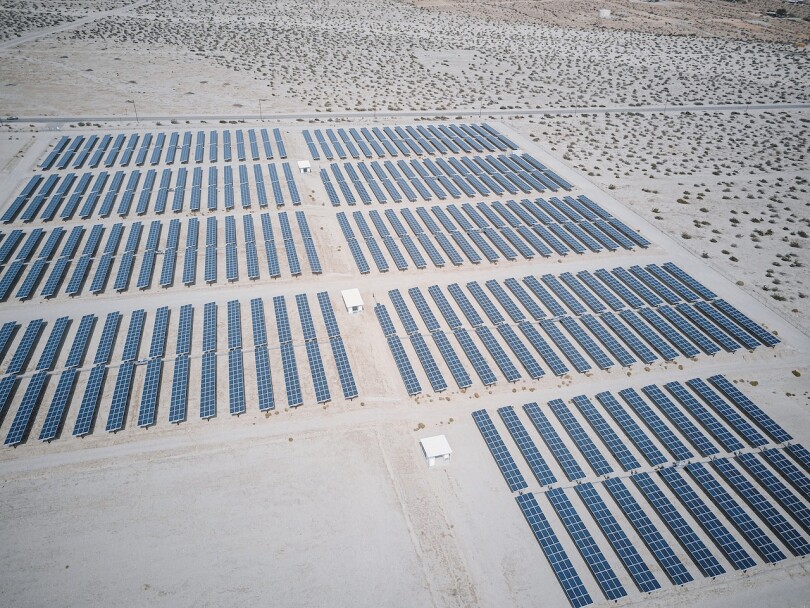3 Innovations from the International Horticultural Expo.
29 Apr 24
Enviro ChatThe Global News Source for the World of Science and Chemicals
23 June 2023
Enviro Chat
As concerns over climate change intensify, there is a growing consensus around the globe that we must integrate cleaner sources of power into our energy portfolios. Fossil fuels such as coal, oil and gas have powered the planet for centuries, but the emissions associated with burning these fuel sources has led to clamour for them to be replaced by renewable alternatives.
As the host of the upcoming COP28 conference in October and November of this year, the UAE has been the focus of much recent speculation and debate over its environmental credentials. A nation which has built vast reserves of wealth upon its stores of oil, the UAE has latterly ploughed billions of dollars of investment into clean energy technology. But when, exactly, will the Emirati government move away from fossil fuels altogether?
According to the country’s Minister of Climate Change and Environment, Mariam Almheiri, there is still much to be done before such a concept can even be contemplated. “The renewable space is advancing and accelerating extremely fast, but we are nowhere near to be able to say that we can switch off fossil fuels and solely depend on clean and renewable energy,” explained Almheiri.
Highlighting the fact that certain economies still depend on fossil fuels for a sizable portion of their economic stability, and drawing attention to the fact that others do not have the resources to make the switch to renewable energy in the immediate future, Almheiri called for patience during the transition phase.
Instead, the UAE intends to use its role as chair of COP28 the champion the phasing out of emissions associated with fossil fuel production and processing, by pursuing carbon capture and storage (CCS) technology – but not the actual activities themselves. Doing so would unfairly disadvantage certain nations at the expense of others, which would result in an even more imbalanced global society than the one in which we currently find ourselves.
The Emirati position is in contrast to that held by many wealthy western nations and climate-challenged countries, who are petitioning for an immediate phaseout of all damaging fuel sources. At COP27 in Egypt last year, over 80 signatories pushed for the wording of the final documents to include language aimed at “phasing down” fossil fuels.
However, this movement was met with resistance by others such as China and Saudi Arabia, who still depend on coal, oil and gas for a significant chunk of their energy and economic independence. While the former group might believe it has the moral high ground, there’s no escaping the fact that many western powers have benefited hugely from the fossil fuel industry, so their current campaigns can appear as though they are merely pulling up the ladder behind themselves. Instead, UAE is encouraging a more collaborative approach.
“For nearly five months and as part of our preparations for COP28, my team and I have been proactively engaging on a listening tour where I heard many voices from the Global South, major economies, civil society and the business community,” explained Sultan al-Jaber, chair of this year’s COP28 forum. “What is missing is a holistic, unifying ecosystem that brings all the key players together.”
DOWNLOAD PDF

2 Day Seminar Program
@ ArabLab+ 2024
24 & 25 September 2024
22 Apr 24
Lab ChatYour stay in Dubai
Labkit
Product News
Chemkit
Product News
Thinking about exhibiting at ARABLAB 2024? Watch our video to find out more.
Join the world’s leading organisations…
Join our mailing list and receive the ARABLAB newsletter and event updates.